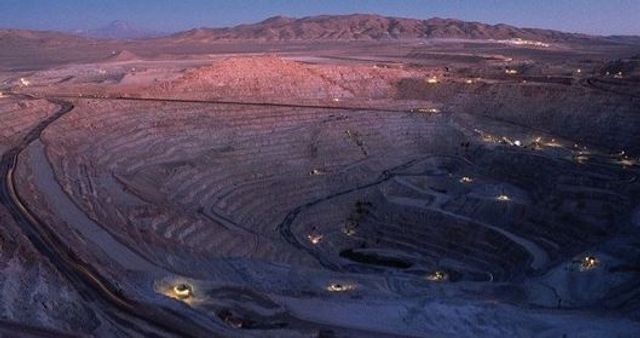
Mark Creasy says there are too many lawyers and accountants on mining company boards. Is he right?
‘I notice an awful lot of mining companies and exploration companies run by accountants and lawyers’.
Those are the words of Mark Creasy — the professional prospector and, some would argue, living legend — in the Australian newspaper in June 2015.
‘I don’t have anything against accountants and lawyers’, he continued, ‘but you’ll notice the Independence board is dominated by mining engineers and geologists’.
And this is his point.
‘They are industry experts… the direction of an exploration and mining company should have a preponderance of people who are qualified in those professions’.
There’s no ‘one size fits all’ on board composition
So, is he right? Are there too many lawyers and accountants on mining company boards? It’s a critically important issue and one that his comments caused me to revisit.
In general, adopting an overly ‘set’ approach to putting together boards and executive teams can cause other problems. There is no ‘one size fits all’ solution. The specific nature of the challenge should always be considered. I’m on the record as believing the ore body should rule everything, including the types of people you employ.
When it comes to getting the best mix of skills on a board, here are some of the critically important questions worth asking:
Is the company predominantly an explorer or a producer?
This seems obvious, but I’ve seen exploration company boards with two mining engineers, one lawyer and one accountant.
Once they’re working towards the construction and production phases, they will very quickly find they DO need those skills. Too many explorers though, then get wedded to their exploration project and miss the fact they’re moving past the point where they have the right people in the team to tackle what’s ahead.
Is the company well-funded for the medium-term or longer, or is it likely to have to return regularly to the capital markets?
I’m a trained mining engineer (and, ultimately, an experienced operations manager and not-for-profit and public company director). So I’m comfortable saying that the majority of technical people I know, even if they are good salespeople, are not always across all the commercial and legal imperatives required to demonstrate to providers of finance that a project is worth backing.
If a company is a producer, is it in robust financial health with fat margins or teetering on the brink of unprofitability?
If a company is teetering on the brink of unprofitability, the first question should be ‘how did we get here in the first place?’ But, that aside, a solid producer with robust margins probably needs fewer small business lawyers and accountants and more economists that can see longer term trends to help the business take advantage of the big opportunities and mitigate the big risks.
And what about the changes over time?
A common issue in this industry relates to ignoring the changes that are inevitably required — to transition from start-up/explorer to developer/producer, for example.
Exploration companies find an ore body, need to find more money or a partner, then convince markets, then design and build something efficiently, then optimise it, then put it to sleep and quietly make it churn out cash (to repay the faithful backers) all the while meeting statutory obligations, as well as operationally innovating so as not to embed inefficient practices and cost creep.
Refresh where necessary; prepare for transition
You can keep the core of the team the same — assuming there is adequate breadth of experience to provide oversight and the long-termers have the passion to keep flying the flag. But keep in mind that, in the same way that people grow up, successful mining companies do too — all the while changing the fundamental mix of skills required.
Be willing to refresh teams gradually and bring in new people with skills and experiences that add value at different stages of a business’s development. If you feel you don’t have all the answers, there are some great management consultants around to help with this process.
Let’s all hope though that the commodities market fires up enough so that once again, we need to start taking companies all the way through from exploration to production.
With that in mind, whether Mark Creasy is right or wrong with his initial assertion, we definitely need more people like him who are willing to spend their money on early stage projects.